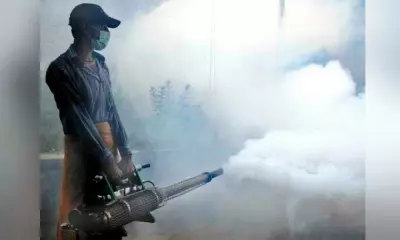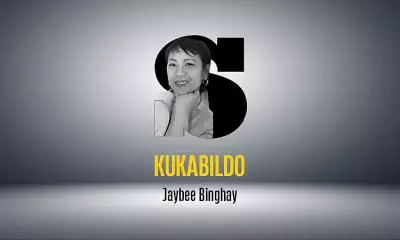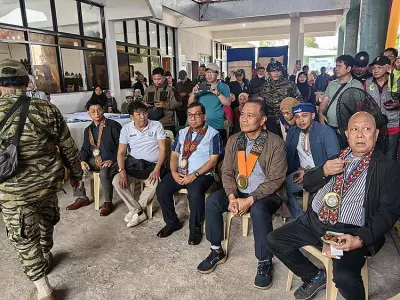
In a developing story that has sent shockwaves through the activist community, anti-corruption protesters in Cebu find themselves facing criminal charges filed by the Philippine National Police - Criminal Investigation and Detection Group (PNP-CIDG). What began as peaceful demonstrations against government corruption has escalated into what human rights advocates are calling a clear case of political persecution.
The Crackdown on Dissent
The PNP-CIDG has initiated legal proceedings against several individuals involved in anti-corruption protests, raising serious concerns about the state of democratic freedoms in the region. According to sources close to the matter, the charges appear disproportionately severe when compared to the nature of the protesters' actions.
This situation represents a troubling pattern of authorities using legal mechanisms to silence critics and suppress legitimate dissent. The targeted activists had been vocal about demanding government accountability and transparency in public fund usage.
Mounting Backlash from Human Rights Organizations
Civil society groups and human rights advocates have swiftly condemned the PNP-CIDG's actions, characterizing them as a blatant attempt to intimidate and punish citizens for exercising their constitutional rights to free speech and peaceful assembly.
Multiple organizations have documented what they describe as an increasingly hostile environment for government critics in Central Visayas. The legal offensive against anti-corruption protesters marks a significant escalation in this concerning trend.
Broader Implications for Democratic Space
The case has sparked broader conversations about:
- The shrinking space for civil society engagement
- The weaponization of legal systems against government critics
- The chilling effect on future protest movements
- The state of human rights protection in the Philippines
Legal experts monitoring the situation warn that such actions by law enforcement agencies could establish dangerous precedents for handling public dissent.
Community Response and Solidarity
Despite the legal threats, support for the accused activists continues to grow. Various sectors of Cebuano society have expressed solidarity with the protesters, organizing campaigns to raise awareness about their plight and the broader issues at stake.
The community's response demonstrates that attempts to suppress criticism may ultimately strengthen resistance and amplify the very messages authorities seek to silence.
As this situation develops, all eyes remain on how the judicial system will handle these cases and whether the fundamental rights of Filipino citizens to criticize their government will be protected or further eroded.





